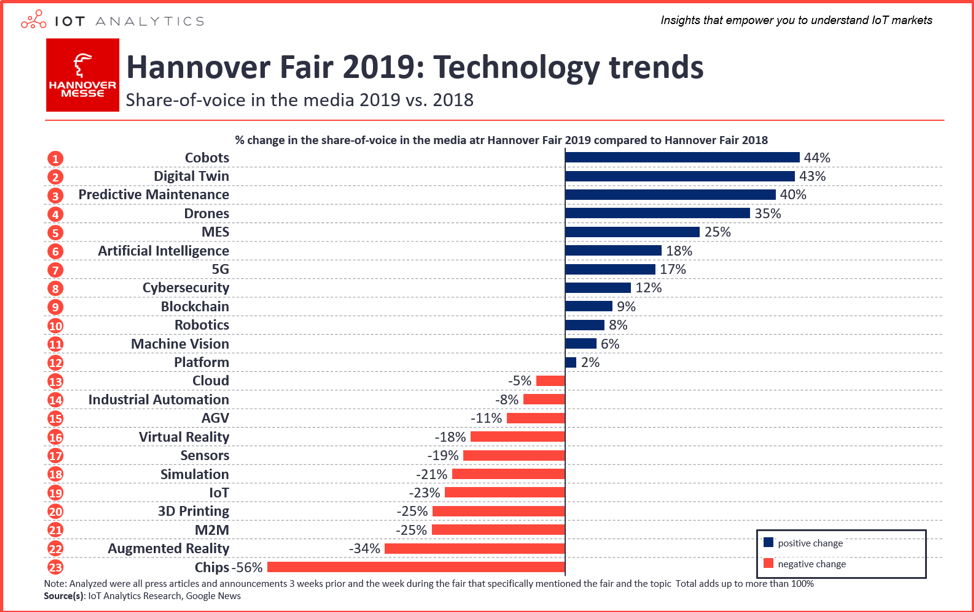We’re all aware that the global economy has become increasingly interconnected across national boundaries. International trade and commerce has led to unprecedented global prosperity with billions of people being lifted out of poverty in the last 20 years. However, this interconnectedness comes with risk. As goods and people travel globally, unfortunately disease can travel with them. The Gates Foundation has repeatedly warned us about the risks of a global viral pandemic like the one we’re all facing now, Covid-19.
Fortunately, there are well-known strategies for limiting the spread of viral pandemics and the resulting impact on health, life and the economy. By now, we’re all aware of the need for accurate testing, Social Distancing, self-quarantine and personal hygiene including rigorously washing hands. Many of us have even been fascinated to learn just how soap works to help keep us healthy and prevent the spread of disease!
Two resources that we've found helpful for our internal use are:
Beyond these generally available resources, we've also been paying attention to impacts specifically on the food manufacturing industry, where many of our customers operate.
Worximity serves customers across consumer products, food manufacturing and other industries. For Worximity’s customers that manufacture food, there are special issues with respect to interacting with their customers and the world at large. Fortunately, the U.S. Food and Drug Administration and the European Food Safety Authority have stated that the transmission of COVID-19 is not occurring via food and is unlikely to do so.1,2 Even though there’s not an established relationship between the manufacture and distribution of food and transmission of Covid-19, we expect that all of our food manufacturing customers of course are continuing to follow good manufacturing practices including frequent and thorough hand-washing and sanitizing food contact surfaces to ensure a healthy work environments and products.
For our food customers, you may want to consider promoting this information in your own communications to your customers and other stakeholders.
Of course we're all human beings first, and we believe that a human-first strategy will enable businesses to thrive in the long run. That's why in our own company, we're focused on the health of our employees, vendors, partners, visitors and customers first and foremost. We've already instituted social distancing within our company and have thoughts on what our larger community can do in the near term to help us all to get through this!
What else can the Worximity community, including our employees, customers and partners do to help to turn the tide on this pandemic?
The CDC has provided guidelines for businesses to operate during a pandemic which include:
- Actively encourage sick employees to stay home
- Separate sick employees
- Emphasize staying home when sick, respiratory etiquette and hand hygiene by all employees
- Perform routine environmental cleaning
- Advise employees before traveling to take certain steps
You can access these recommendations and details about each here.
Additionally, they recommend that you consider exploring whether you can establish ‘flexible worksites’ (telecommuting) as well as flexible work hours to allow staggered shifting which reduces the number of employees in the same places at the same time. They also recommend that you identify essential business functions, jobs, roles and critical elements of your supply chain required to maintain business operations and establish plans to operate with increased absenteeism.
MIT has studied what companies are doing and best practices and they also conclude that establishing telecommuting practices and remote work practices is the best way to keep employees safe. According to the article, in Chinese social media, the phrase ‘remote work’ began to rise rapidly at the start of the Chinese government’s efforts to return employees to work to get back to full productivity and after the end of the Chinese New Year companies began moving their workforce aggressively to remote work arrangements.
For food manufacturing businesses, it may be difficult to imagine scenarios where you can make remote work or staggered shifts a possibility.
As a SaaS company we’re well versed in helping companies to establish remote working capabilities, including how to provide production management teams with the ability to keep on top of important manufacturing KPIs from a distance. Of course we believe that the ability to monitor your production throughput, yield rates and quality is essential in normal times. What not even we discerned was how important these capabilities would be in global upset conditions like what is occurring now, to help us all to keep our valuable employees safe and healthy.
The health and safety of our staff, our customers, and their customers is our number one priority.
Worximity is here to help you to through these challenging times in any way that we can. Brighter days are ahead and we look forward to things getting back to normal as we’re sure you do. If there’s anything that we can do to help, please let us know!
2 https://www.efsa.europa.eu/en/news/coronavirus-no-evidence-food-source-or-transmission-route














